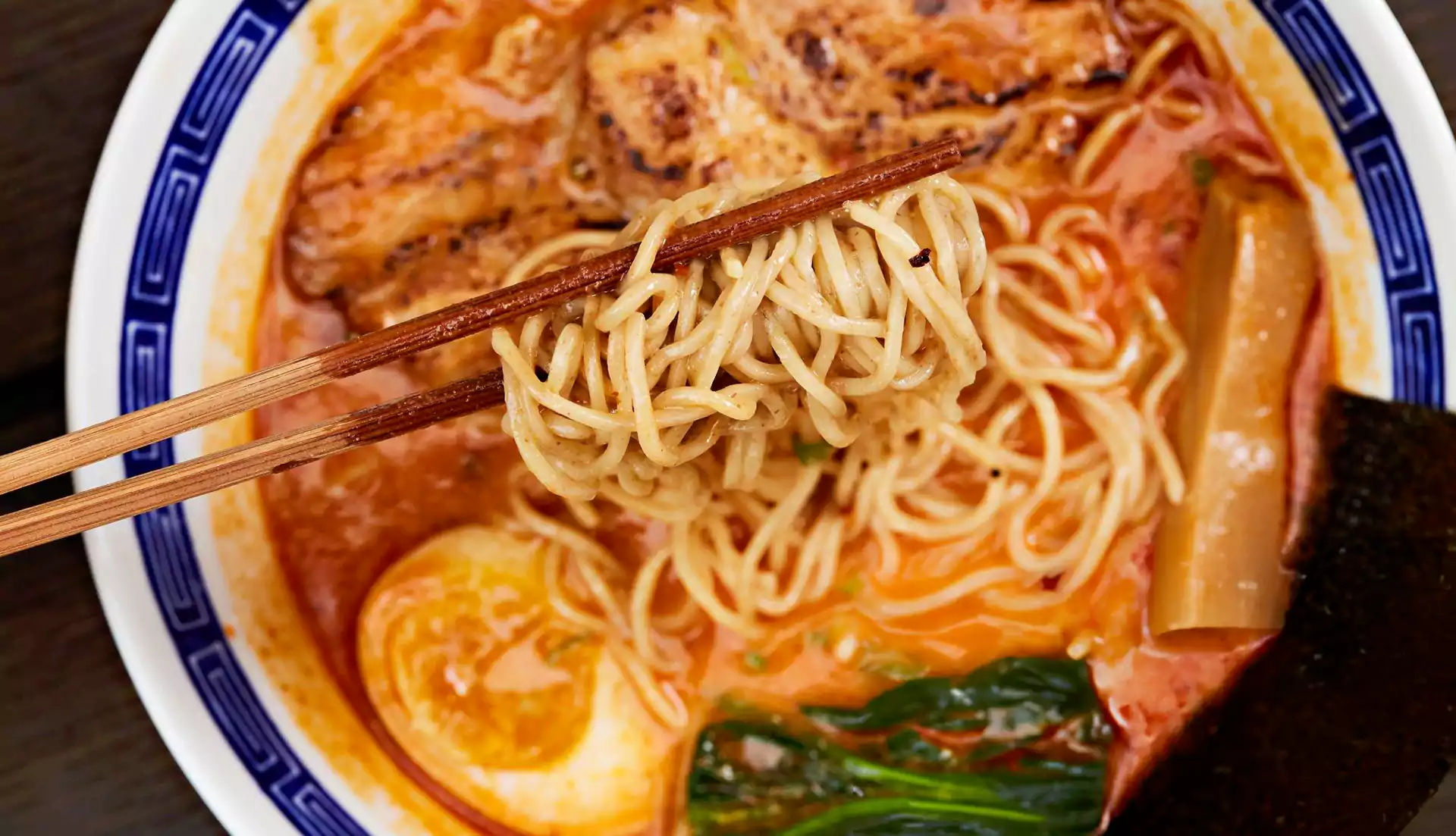Is that innocent bowl of ramen you love secretly shortening your life? The widespread consumption of this inexpensive comfort food has sparked concerns, with some suggesting that its convenience comes at a significant cost to our health.
While the assertion that ramen noodles directly cause death remains unproven by concrete scientific data, dismissing the potential health implications associated with their regular consumption would be imprudent. Several aspects of ramen noodles raise concerns among health professionals and nutritionists alike. These include their notoriously high sodium content, minimal nutritional benefits, and the presence of various additives that, when consumed in large quantities, could pose health risks.
| Aspect | Details |
|---|---|
| Product Name | Instant Ramen Noodles |
| Key Concerns | High sodium content, low nutritional value, additives, processing methods |
| Sodium Content | Up to 1000mg per serving (can exceed daily recommended intake) |
| Nutritional Value | Low in essential vitamins, minerals, and fiber |
| Common Additives | Monosodium glutamate (MSG), sodium benzoate, artificial flavorings |
| Processing Methods | Extrusion, drying, frying (potentially leading to acrylamide formation) |
| Health Risks | High blood pressure, heart disease, stroke, kidney disease, nutrient deficiencies, weight gain, potential link to cancer and reproductive problems |
| Recommended Consumption | Moderate consumption advised; not recommended as a dietary staple |
| Healthier Alternatives | Soba noodles, udon noodles, shirataki noodles, whole wheat ramen |
| Reference Website | American Heart Association |
- Ricki Dwyer The Man Behind The Curtain In The World Of Comedy
- Camirin Farmers The Unsung Heroes Of Sustainable Agriculture


